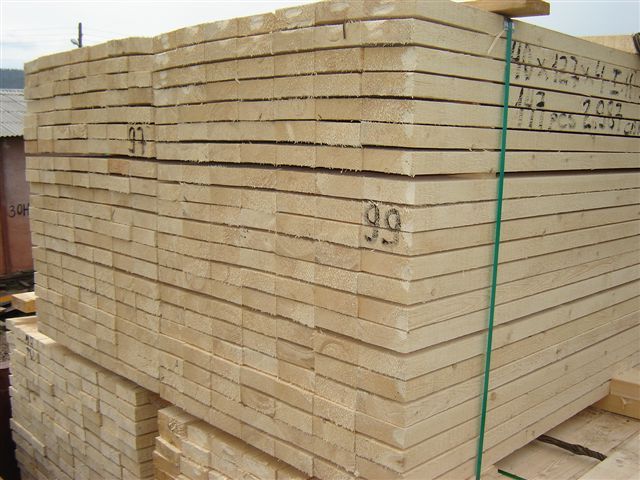I find myself in Europe again this week for meetings and one of the topics that was discussed was the date of July 10th as the last day for Russian and Belarusian lumber to enter Europe on contracts that were created prior to the Russian invasion of the Ukraine. There has been a mad scramble for rail cars and trucks to get over the border before the July 10th cut off date. Most buyers and remanufacturers tried to get as much extra volume as they could over the border in time and so we are seeing inventory levels quite high with many companies having an excess 2 to 3 months of inventory on the ground. The actual impact to the market from the shut off of fiber from these 2 countries won’t actually be felt until sometime in September. A lot of the fiber that flows into the Baltic States ends up being surfaced, graded and then shipped to central Europe, the UK, Australia and the US. How big of an impact that it will have all depends on how quickly an overall construction market slowdown in these final destination markets occurs.

@David_Stallcop were these shipments ONLY related to pre-War contracts? There were no on-market trades done after the war began? Was part of the mad rush importing as much of the Russian and Belorus products as possible even after the war began?
They were “supposedly” only pre war contracts, but in my opinion only anyone can predate a contract or amend an existing contract with volumes. It is extremely difficult to prove a date or volumes existed prior to the war on a contract.
Oh yeah! It was like a gold rush! As they say in Russia: You won’t breathe enough before the death.
Belarusian and Russian sawmills tried to get as much lumber across the border as possible. Lumber was sold with a good discount and a long delay in payment. As @David_Stallcop said, stocks are 2-3 months and more, so wood sellers were ready to provide long delay in payments, because the main goal is to sell as much as possible. No one knows how long it will take to find new markets and ways to circumvent sanctions, so mills wanted to accumulate “fat” like bears before hibernation.
As a rule, contracts are concluded for quite large volumes, so in theory they were enough to sell the volume at the “old” contracts.